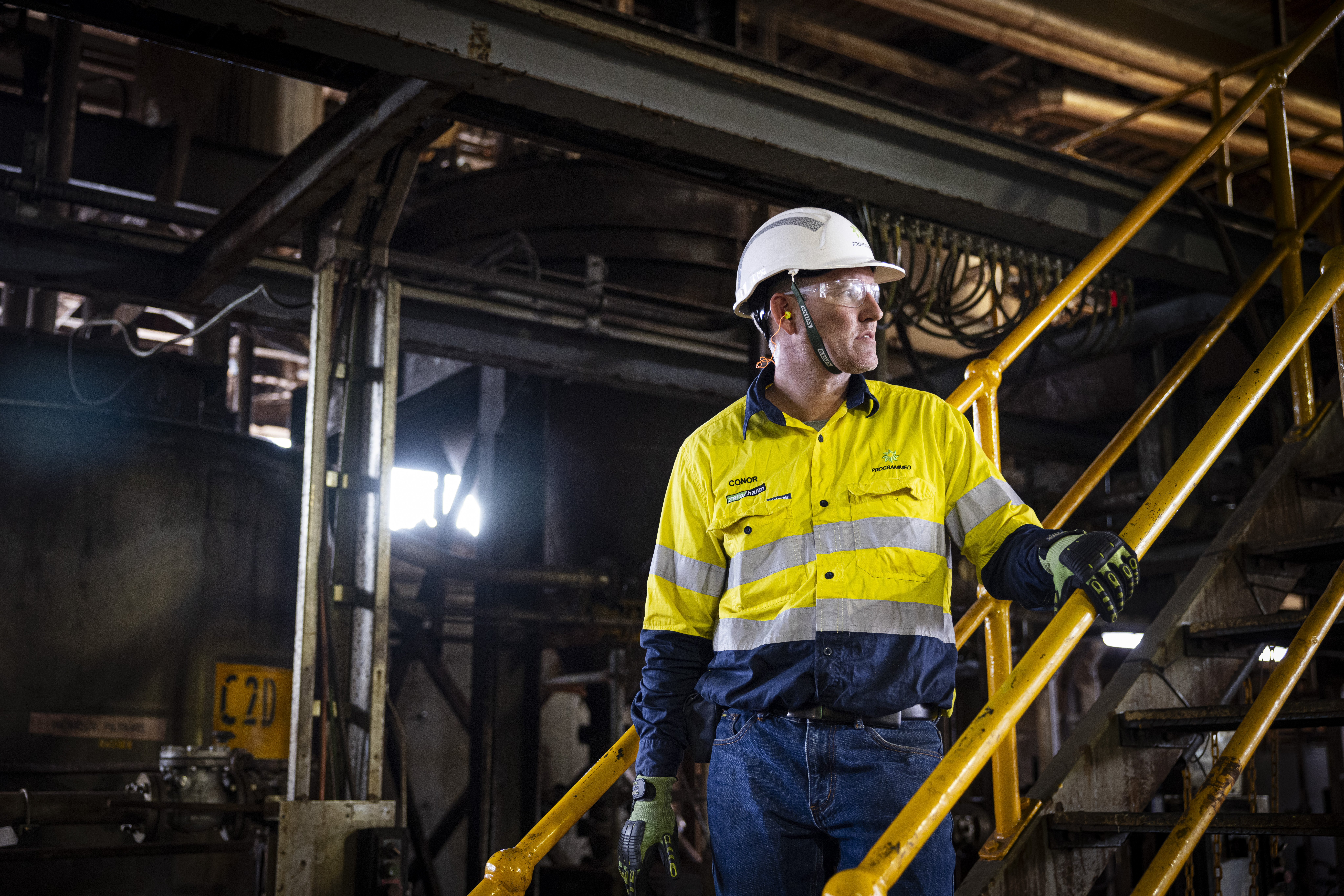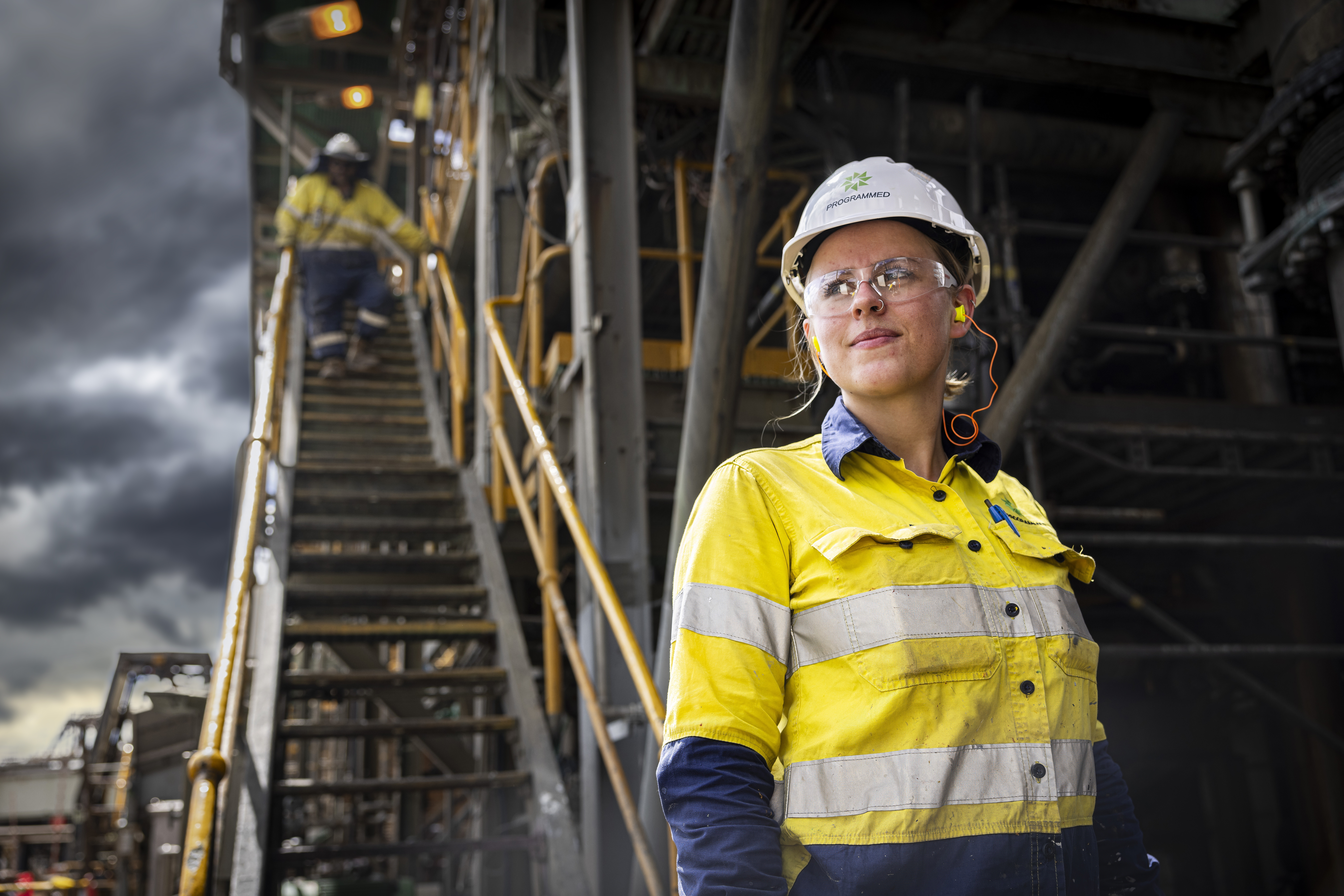In today’s fast-evolving workforce, AI is transforming recruitment by streamlining processes and complementing human skills. Rather than replacing recruiters, AI enhances their capabilities, making hiring faster, smarter, and more precise. This blog will explore how AI optimizes recruitment efficiency, reduces unconscious bias, and enriches human decision-making.

Enhancing the Candidate Experience
In a competitive job market, a positive candidate experience is essential for attracting top talent. AI-powered chatbots and virtual assistants provide real-time updates, answer questions, and guide candidates through the recruitment process, ensuring they stay engaged. For example, IBM’s Watson-powered chatbot is widely used by recruiters to automate candidate interactions, responding to inquiries 24/7 and freeing up human recruiters to focus on more personalized communications.
Expanding Talent Sourcing
One of the greatest advantages of AI in recruitment is its ability to source talent from a vast range of channels, including job boards, social media, and professional networks. For instance, AI algorithms can analyze social media profiles or employment platforms like LinkedIn to detect potential candidates based on relevant skills, expanding the talent pool and ensuring recruiters have access to the best candidates, regardless of their job search activity.
Mitigating Unconscious Bias
Unconscious bias is a well-known obstacle to fair hiring practices, potentially skewing decisions based on personal characteristics like age, gender, or ethnicity. AI helps mitigate this by focusing purely on objective data points such as skills, experience, and qualifications. For example, tools like Pymetrics use neuroscience-based games to assess candidates’ cognitive and emotional abilities, removing bias from the screening process.
Streamlining Repetitive Tasks
Recruitment often involves tedious and time-consuming activities such as reviewing resumes, scheduling interviews, and maintaining communication with candidates. AI-powered tools can automate these tasks, allowing recruiters to focus on more strategic initiatives. The AI-driven Applicant Tracking Systems (ATS) can scan and filter thousands of resumes in seconds, identifying top candidates based on predefined criteria.

Predictive Hiring for Long-Term Success
AI not only assists in finding qualified candidates but also in predicting how well they will perform in the long term. For example, predictive analytics can evaluate cultural fit, assessing how well candidates align with an organization’s values and work environment. This reduces the risk of turnover and ensures that the selected candidates are not only capable but also poised for success within the organization.
Data-Driven Insights for Smarter Decisions
AI generates valuable recruitment metrics, such as time-to-hire and cost-per-hire, providing data-driven insights that enable recruiters to optimize hiring strategies. AI tools like HireVue offer comprehensive analytics that help HR teams refine their processes based on what works best, ensuring continuous improvement in hiring outcomes.
A Partnership Between AI and Human Expertise
While AI excels in data processing, automation, and predictive analytics, human qualities like empathy, intuition, and relationship-building remain irreplaceable. AI enhances, rather than replaces, human recruiters by automating routine tasks and providing deeper insights, allowing recruiters to focus on building stronger candidate relationships.
In recruitment, AI empowers human recruiters to make more informed decisions, engage with candidates on a personal level, and improve overall hiring outcomes. By leveraging AI’s strengths, recruiters can devote more time to understanding candidates’ individual motivations, assessing cultural fit, and creating a recruitment process that is not only efficient but also empathetic and human-centered.
The integration of AI in recruitment is transforming how companies attract and hire talent. By streamlining processes, expanding sourcing capabilities, reducing unconscious bias, and enhancing decision-making, AI helps organizations stay competitive in today’s fast-paced job market.
When combined with human expertise, AI enables recruitment teams to work smarter, faster, and more strategically, ultimately leading to better hires and a more satisfied workforce. In a world where talent is the key to success, leveraging AI to complement human skills is no longer just a trend—it’s a necessity for organizations looking to build a future-ready workforce.





